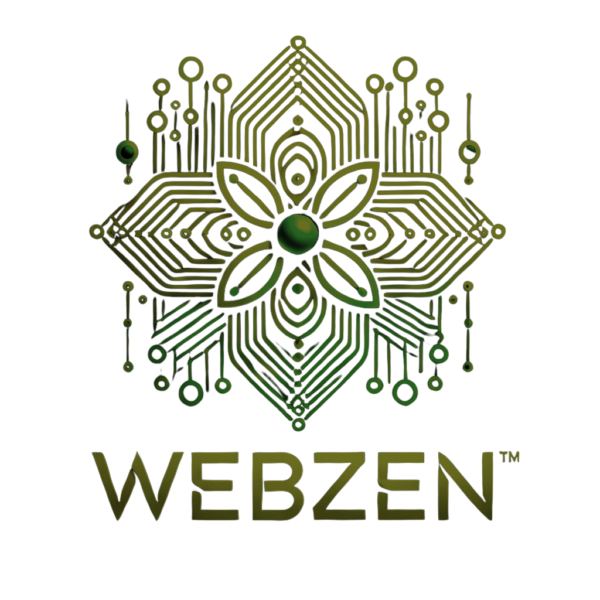The digital commerce landscape continues to evolve, presenting entrepreneurs and businesses with numerous opportunities to establish and grow their online presence. Selecting the right e-commerce platform is a critical decision that can significantly impact your business’s success. This updated guide explores the top e-commerce platforms, highlighting their strengths, features, and ideal use cases.
1. Shopify
Best for: Beginners and growing businesses
Shopify remains a market leader, offering a comprehensive solution for online stores:
- User-Friendly Design: Intuitive drag-and-drop store builder with modern, responsive themes
- Comprehensive Ecosystem: Extensive app marketplace with over 8,000 integrations
- Advanced Features: AI-powered tools for product descriptions, marketing, and customer insights
- Global Selling: Enhanced international selling capabilities with multi-language and multi-currency support
- Pricing: Starts at $42/month with advanced AI and international features
2. WooCommerce
Best for: WordPress users and custom-built stores
WooCommerce continues to be the go-to platform for WordPress-based online stores:
- Deep WordPress Integration: Seamless functionality for existing WordPress websites
- Open-Source Flexibility: Extensive customization through plugins and themes
- Cost-Effective: Core plugin remains free, with premium extensions available
- Enhanced Performance: Improved speed and security features
- SEO Optimization: Built-in and plugin-supported search engine optimization tools
3. BigCommerce
Best for: Large and fast-growing businesses
BigCommerce advances its enterprise-level e-commerce solutions:
- Comprehensive Built-In Features: Advanced tools reducing dependency on third-party apps
- AI-Enhanced Analytics: Predictive insights for business growth
- Omnichannel Selling: Expanded integration with social media and marketplace platforms
- Performance Optimization: Improved site speed and conversion rate tools
- Pricing: Plans start at $44/month with no transaction fees
4. Wix eCommerce
Best for: Small businesses and creative entrepreneurs
Wix continues to innovate in the website builder and e-commerce space:
- AI-Powered Design: Enhanced website creation with intelligent design suggestions
- Visual Storytelling: Advanced templates for product presentation
- Integrated Marketing Tools: Improved email marketing and social media integration
- Mobile Optimization: Responsive design across all devices
- Pricing: Starts at $30/month for e-commerce functionality
5. Magento (Adobe Commerce)
Best for: Enterprise-level businesses
Magento remains the powerhouse for complex, large-scale online stores:
- Advanced Personalization: AI-driven customer experience tools
- Headless Commerce: Flexibility for custom frontend experiences
- Global Commerce: Enhanced multi-site and multi-language capabilities
- B2B and B2C Solutions: Comprehensive features for both business models
- Cloud Hosting: Improved performance and security options
6. Squarespace Commerce
Best for: Artists, designers, and portfolio-driven businesses
Squarespace continues to focus on design-centric e-commerce:
- Professional Design Templates: Continuously updated, modern aesthetics
- Integrated Marketing: Advanced email and social media marketing tools
- Digital Product Selling: Improved digital download and service offerings
- SEO and Analytics: Enhanced tracking and optimization features
- Pricing: Starts at $25/month for commerce plans
7. Etsy
Best for: Handcrafted and unique products
Etsy maintains its position as the premier marketplace for unique, handmade goods:
- Niche Marketplace: Dedicated community of craft and vintage enthusiasts
- Low Entry Barrier: Minimal setup costs and technical requirements
- Social Selling: Enhanced integration with social media platforms
- Seller Protection: Improved support and dispute resolution mechanisms
Choosing the Right E-Commerce Platform
Key considerations for platform selection:
- Business Scale: Align platform capabilities with your current and future needs
- Budget Planning: Consider total cost of ownership, including subscriptions and add-ons
- Technical Complexity: Match platform complexity with your technical expertise
- Growth Potential: Ensure scalability and flexibility
- Specific Industry Requirements: Consider platform strengths for your particular market
Final Thoughts
The e-commerce platform landscape continues to evolve rapidly. While no single solution fits every business perfectly, platforms like Shopify, BigCommerce, and WooCommerce offer robust, adaptable solutions for most online businesses.
Conduct thorough research, leverage free trials, and choose a platform that not only meets your current needs but can also support your business’s future growth and innovation.






